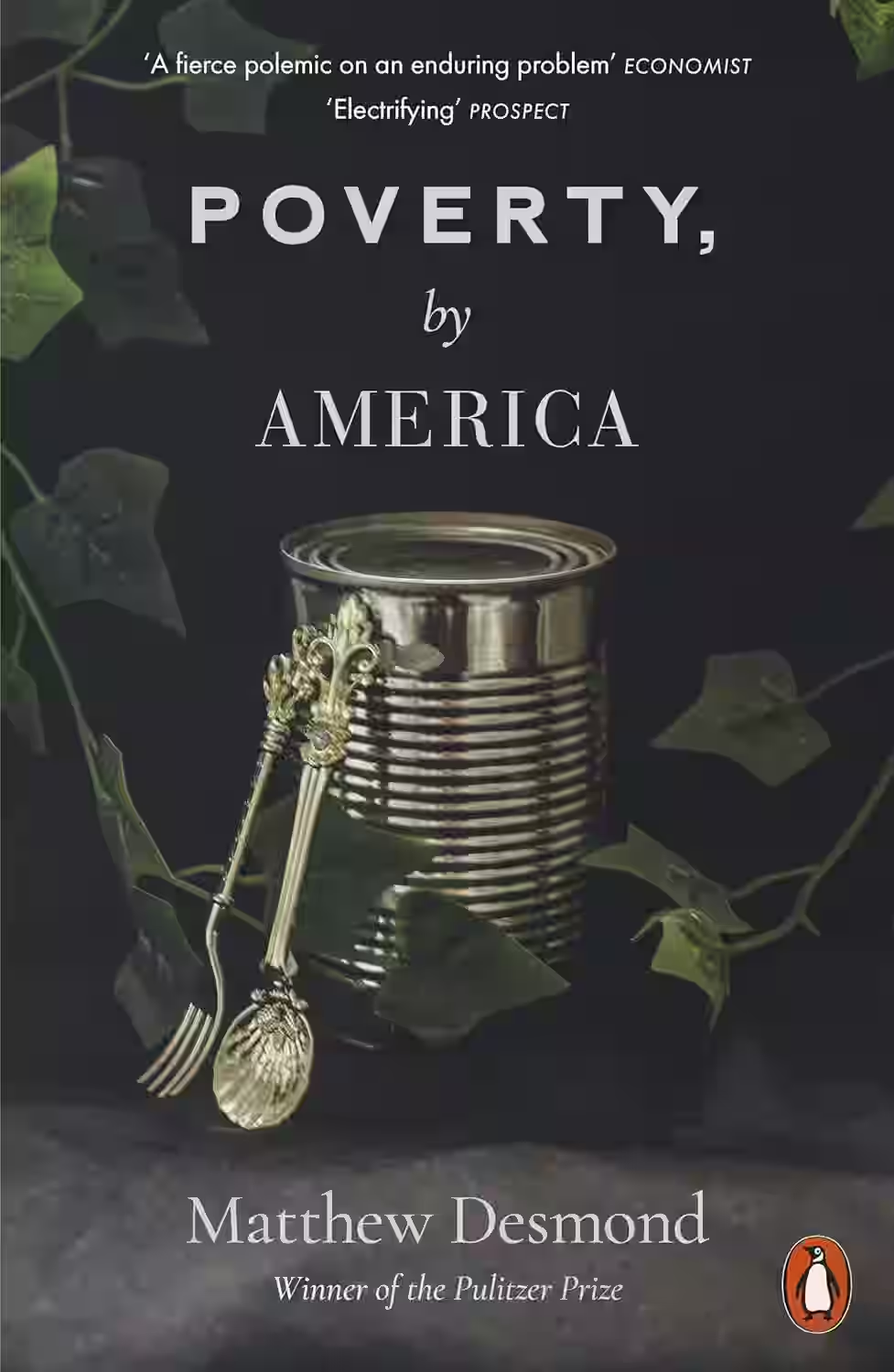
Pulitzer Prize-winning sociologist Matthew Desmond examines why poverty persists in one of the world’s wealthiest nations. Drawing on extensive research, Poverty, by America argues that the United States maintains poverty through policies and choices that benefit the affluent at the expense of the poor. Desmond reveals how housing, wages, taxation, and welfare systems are structured to keep millions in hardship while others profit. The book is a passionate call for systemic reform, challenging readers to rethink their complicity in economic inequality and to imagine a society rooted in justice, dignity, and shared prosperity for all.
About Matthew Desmond
Matthew Desmond is a sociologist and Pulitzer Prize-winning author renowned for his work on poverty, housing, and inequality in America. A professor at Princeton University, he gained national attention with Evicted: Poverty and Profit in the American City, which revealed the devastating impact of eviction on low-income families. His follow-up, Poverty, by America, challenges the systemic causes of poverty and examines how wealthier Americans unknowingly perpetuate it. Desmond combines academic rigor with immersive storytelling, making complex social issues accessible to general audiences. His work advocates for structural reform and justice for those living on the margins of society.
Other Books by Matthew Desmond
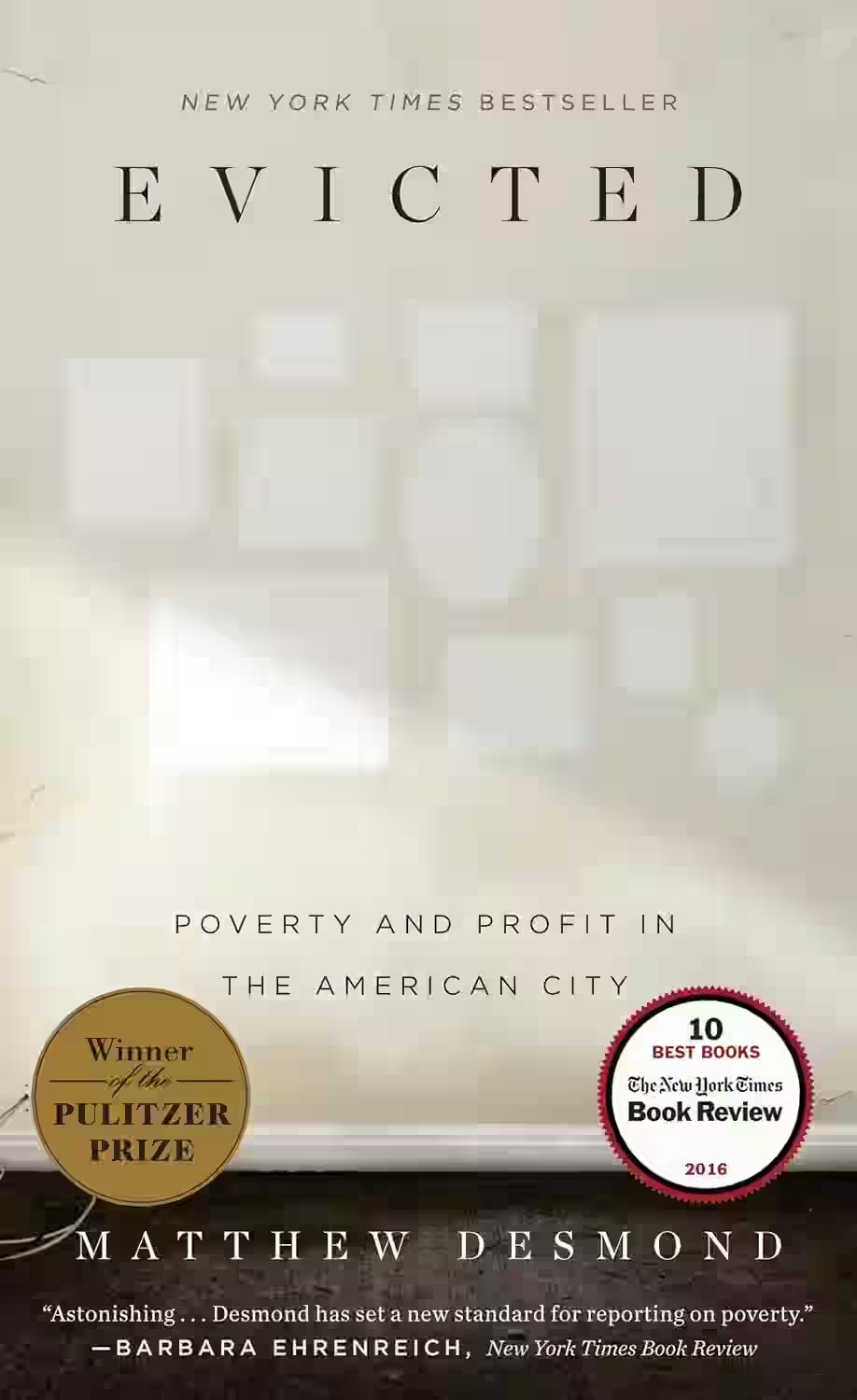
Evicted: Poverty and Profit in the American City
In 'Evicted: Poverty and Profit in the American City,' Matthew Desmond offers a poignant and eye-opening exploration of the devastating impacts of eviction on the lives of the urban poor in America. Through intimate narratives of individuals struggling to keep a roof over their heads, Desmond shines a light on the systemic issues of poverty, housing insecurity, and institutional neglect. This meticulously researched book delves into the complex web of relationships between landlords and tenants, revealing the harsh realities faced by those living on the margins. Desmond's writing is powerful, compassionate, and thought-provoking, challenging readers to confront the inherent injustices of our housing system.
Similar Books
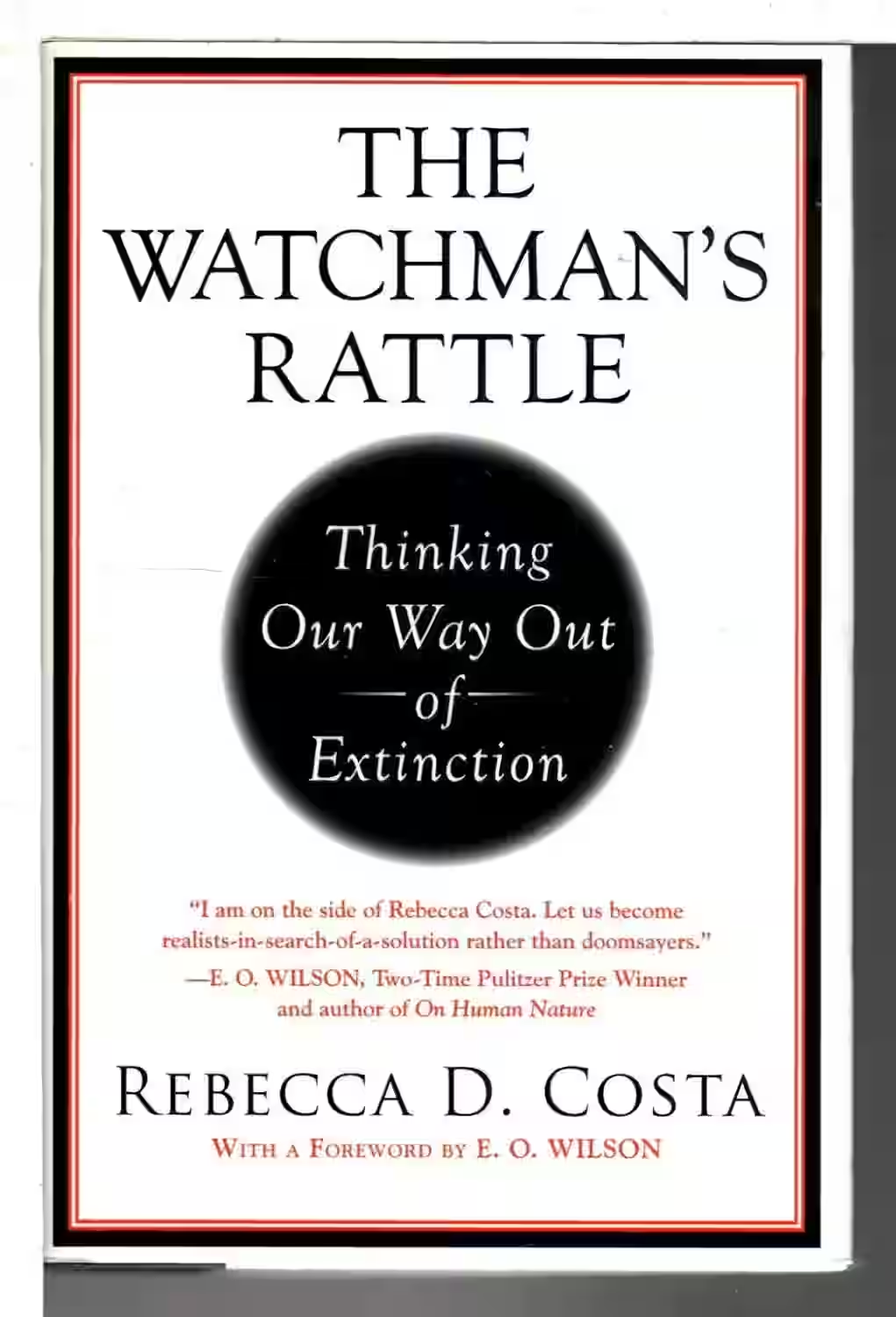
The Watchman's Rattle: Thinking Our Way Out of Extinction
Rebecca Costa’s The Watchman’s Rattle explores how civilizations collapse when complexity outpaces our ability to solve problems. Blending science, history, and psychology, she argues that as global crises become more complex, society risks paralysis unless we evolve our cognitive strategies. Costa introduces the idea of “cognitive threshold,” suggesting we must adopt new ways of thinking—such as intuition and pattern recognition—to survive modern challenges. The book links ancient failures with contemporary threats like climate change and global instability. It’s a call to embrace adaptive thinking before our most pressing problems become unsolvable.
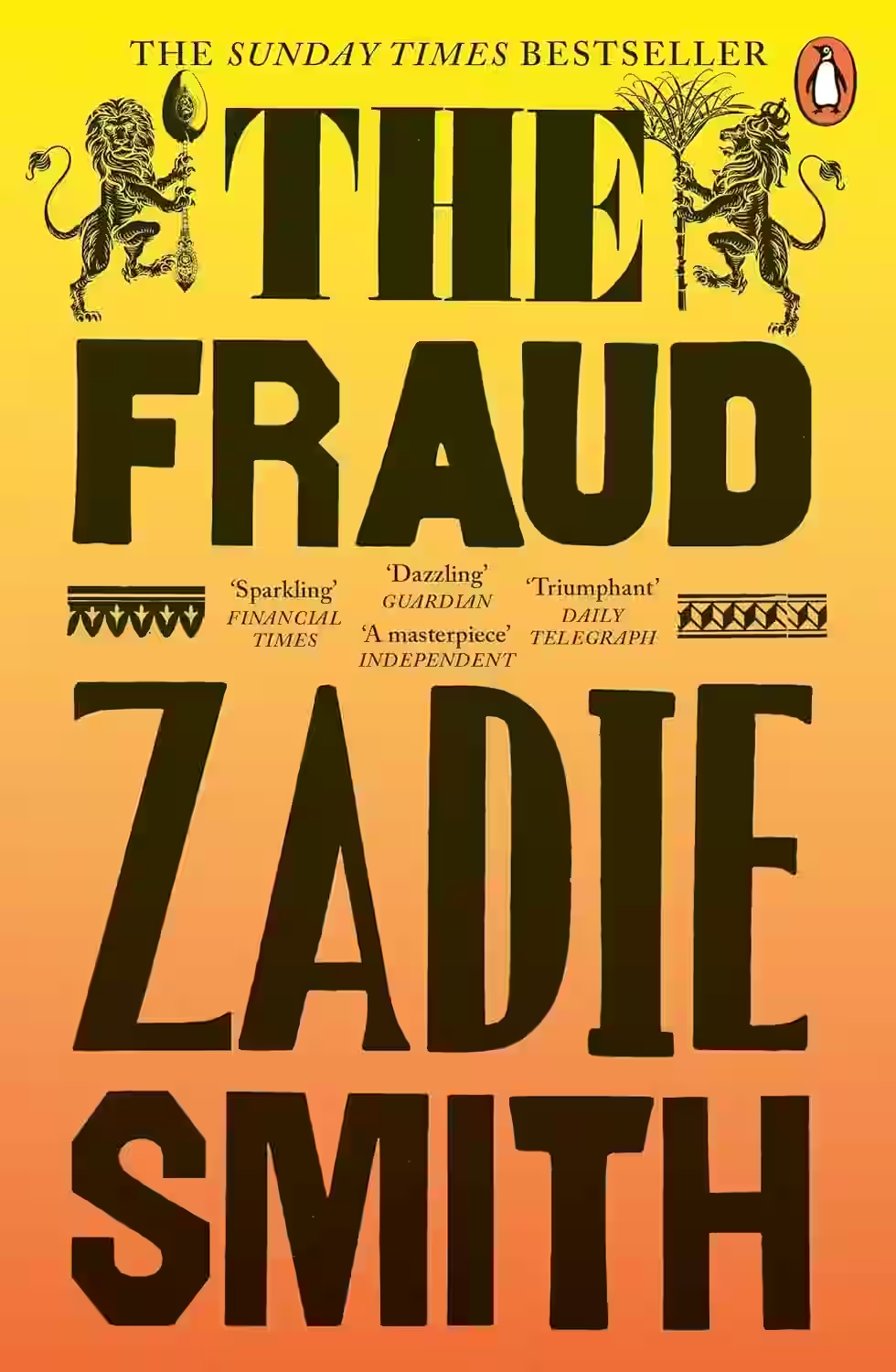
The Fraud
by Zadie Smith
Set in 19th-century London, The Fraud reimagines the Tichborne Trial—a real-life Victorian scandal—as a lens through which to examine truth, authorship, and identity. At the story’s center is Eliza Touchet, housekeeper and cousin to novelist William Ainsworth, who becomes entangled in the trial of a butcher claiming to be a long-lost aristocrat. Through Eliza’s sharp observations and moral grappling, Zadie Smith interrogates class, empire, race, and the shifting lines between fact and fiction. With her signature wit and depth, Smith crafts a historical novel that feels urgently modern, revealing the social and literary frauds that still echo today.
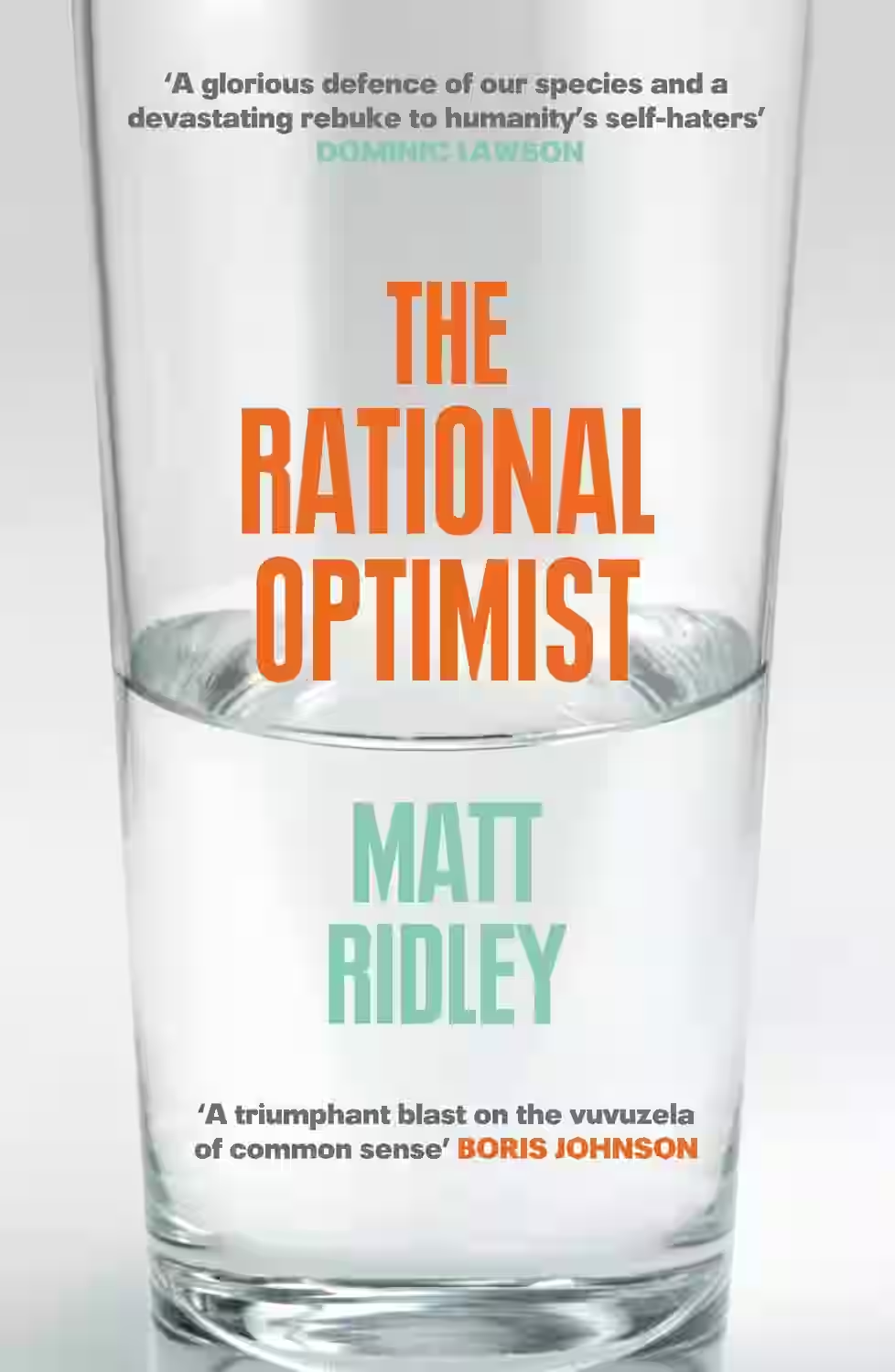
Rational Optimist
by Matt Ridley
Ridley argues that human progress stems from exchange, innovation, and cooperation—not central planning or pessimism. Spanning economics, history, and biology, The Rational Optimist makes a compelling case for why life continues to improve despite global challenges. It’s an optimistic, data-rich celebration of markets, technology, and humanity’s problem-solving nature.
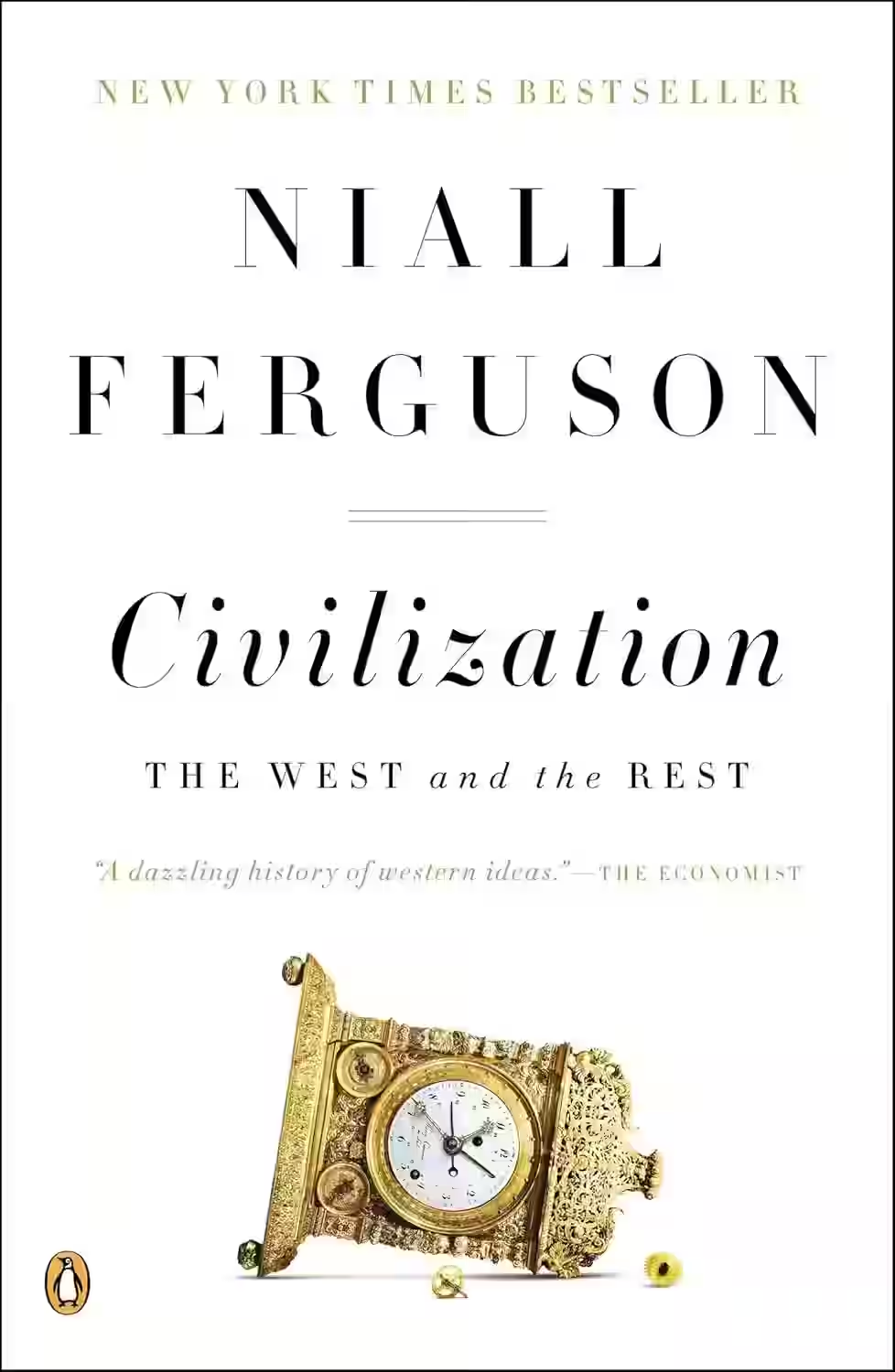
Civilization: The West and the Rest
In 'Civilization: The West and the Rest,' Niall Ferguson delves into the history of Western civilization, exploring the factors that propelled the West to its position of global dominance. Ferguson discusses the key institutions, technologies, and cultural values that set the West apart from other societies. Through a meticulous analysis, he argues that these unique factors enabled the West to surge ahead economically and politically. By comparing Western achievements to those of other civilizations, Ferguson prompts readers to ponder the future trajectory of global power. This thought-provoking book offers a fresh perspective on the roots of Western supremacy and challenges readers to contemplate the fate of civilization.